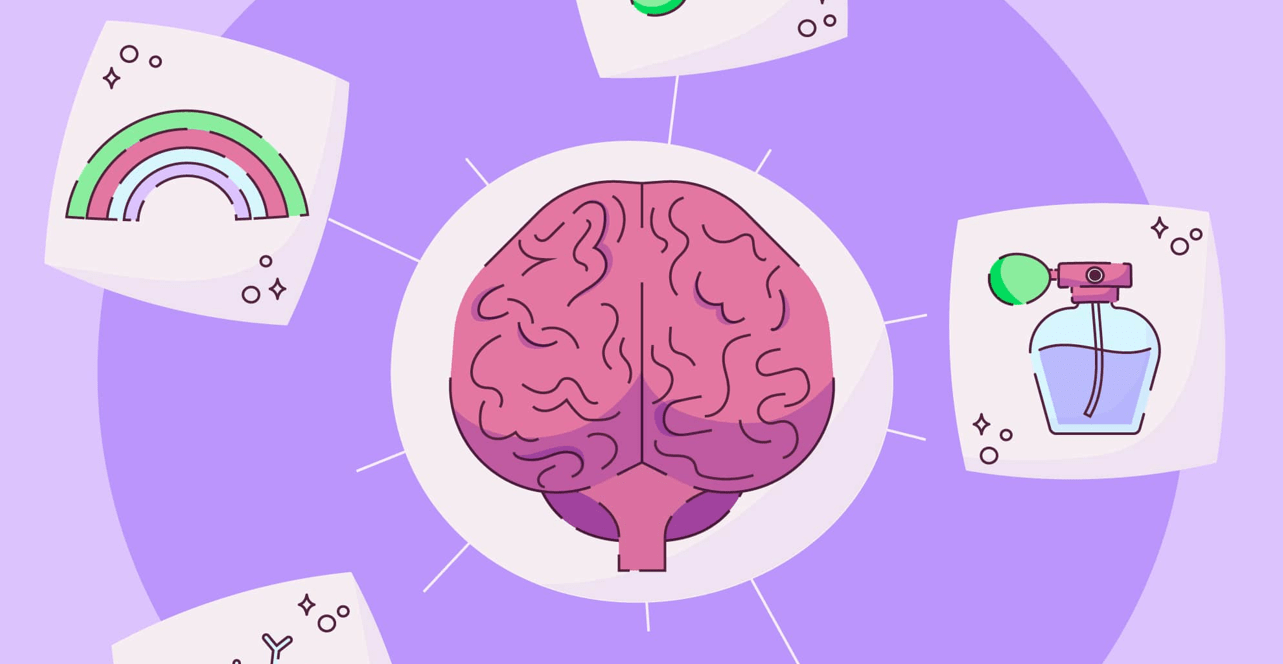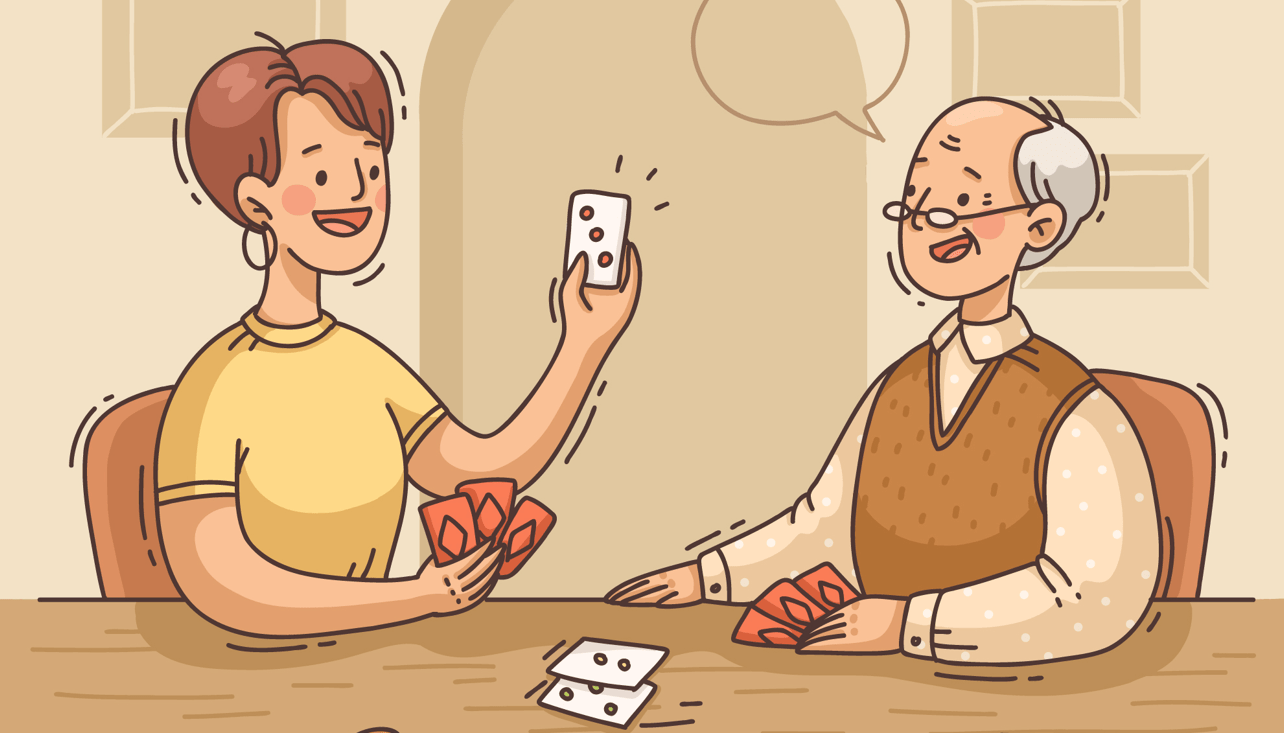Brain Games for Seniors with Memory Loss and Early Cognitive Decline
Published on August 5, 2025

Memory loss and early cognitive decline are common concerns for seniors and their families. The gradual weakening of memory, attention, and problem-solving skills can impact independence and quality of life.
Fortunately, growing scientific evidence suggests that brain training through targeted exercises can slow or even partially reverse these declines. Using brain games designed specifically for seniors-like the math minigames offered by Moadly-provides an engaging, evidence-based way to support cognitive health in older adults.
The Science Behind Brain Training
Numerous studies have confirmed the benefits of cognitive training for seniors. A landmark study published in JAMA Internal Medicine showed that older adults participating in targeted cognitive training saw significant improvement in memory, processing speed, and reasoning. These effects lasted for up to a decade.
This suggests that brain exercises can promote long-lasting neuroplasticity-the brain's ability to form new neural connections.
Additionally, research from the National Institutes of Health highlights that early cognitive activities may delay the progression of mild cognitive impairment (MCI), a condition that can lead to dementia. Early intervention makes a difference.
How Moadly Supports Cognitive Health
Engaging Math-Based Minigames
Unlike generic brain games, Moadly focuses on math-based challenges that target working memory, attention, and executive function. These are crucial cognitive domains that often weaken first during cognitive decline.
Accessible Anytime, Anywhere
Moadly is a Progressive Web App (PWA), meaning it works seamlessly on smartphones, tablets, and desktops without requiring app store installation.
Comprehensive Benefits of Brain Training
Regular cognitive exercises offer a wide array of advantages for seniors:
- Improved Memory: Enhanced recall and pattern recognition
- Increased Attention: Strengthens focus and reduces mental fatigue
- Better Decision-Making: Faster logic processing and judgment
- Reduced Dementia Risk: Keeps the brain actively forming new pathways
- Higher Confidence: Achievement in games improves mood

Diverse Cognitive Challenges for Varied Needs
Moadly adapts to each user by offering a variety of game types:

Memory Challenges
Strengthen short- and long-term memory with recall-based games.

Speed and Processing
Enhance reaction time and mental agility through timed puzzles.

Logic and Reasoning
Improve critical thinking with strategic math problems.

Calculation and Numeracy
Sharpen your arithmetic skills in fun, interactive ways.
More Than Just Games: A Lifestyle Tool
Brain training is only one piece of the puzzle. Here’s how Moadly complements other habits:
- Paired with Exercise: Physical movement increases brain oxygenation
- Linked to Nutrition: Omega-3s and antioxidants improve brain performance
- Integrated with Socializing: Moadly supports score sharing with family
- Boosted by Relaxation: Less stress means better focus
Technology Seniors Can Trust
Moadly makes brain training approachable for seniors with all tech levels:
- Simple design with large fonts and high contrast
- Easy navigation with one-click game launches
- Offline access for uninterrupted play
Frequently Asked Questions
Can brain games really help with memory loss?
Yes. Multiple peer-reviewed studies, including one from JAMA Internal Medicine, confirm that regular brain training can improve memory function and other cognitive abilities in older adults.
How often should I play brain games for best results?
Experts recommend engaging in cognitive exercises at least 3-5 times a week, with sessions lasting 20-30 minutes. Consistency is key to seeing lasting improvements.
Is Moadly suitable for seniors with no prior experience?
Absolutely. Moadly adapts its difficulty to the user's skill level, ensuring everyone from beginners to more advanced users benefits from the games.
Are there any risks or downsides to brain training?
Brain training is generally safe and beneficial. However, it is not a cure for dementia or serious cognitive disorders. It's best used as part of a comprehensive health approach including physical exercise, healthy diet, and social engagement.
Can brain training improve mood and emotional well-being?
Yes. Engaging in challenging and enjoyable activities like brain games stimulates dopamine release and fosters a sense of accomplishment, which can help reduce anxiety and depression commonly experienced by seniors.
How does Moadly track my progress?
Moadly provides detailed feedback and progress tracking so users can see improvements over time. This motivates continued engagement and helps identify areas to focus on.
Try Moadly Today

Visit Moadly.app to begin. No downloads, no complicated setup. Just tap, play, and grow mentally stronger each day.
With Moadly, staying sharp becomes a joyful habit.



 Color Mode
Color Mode



